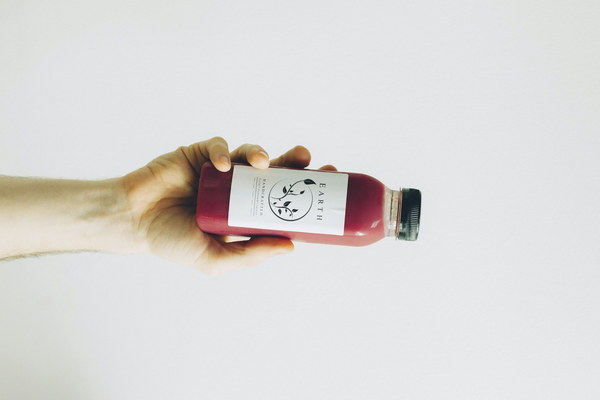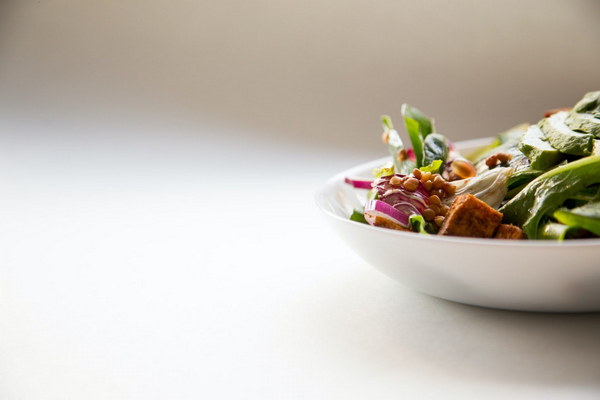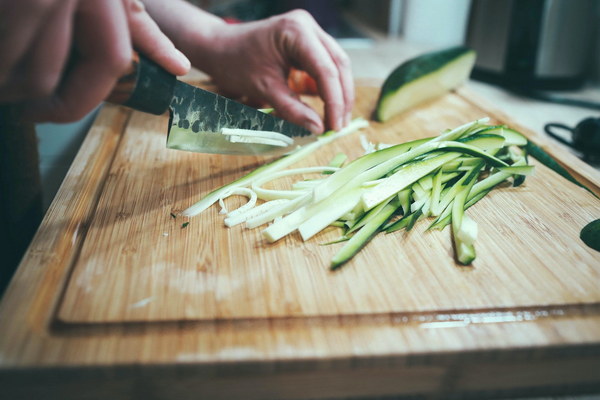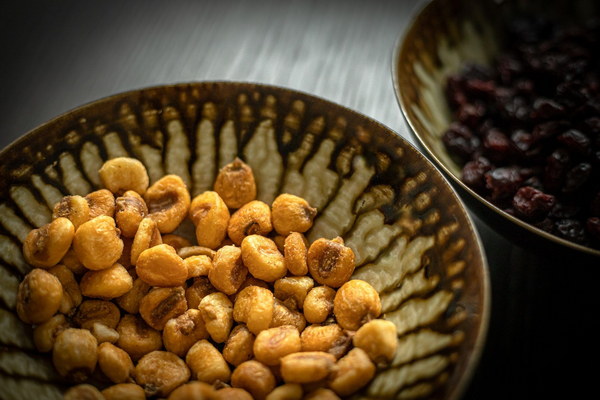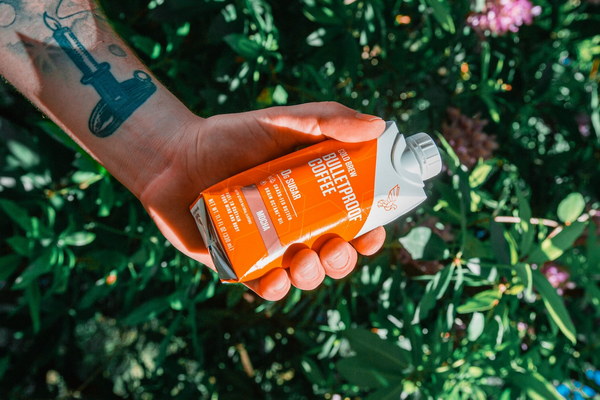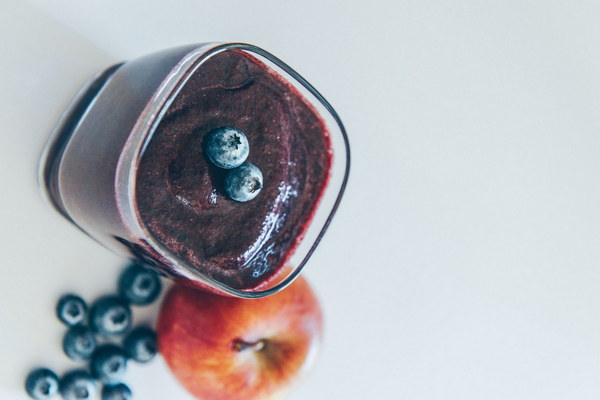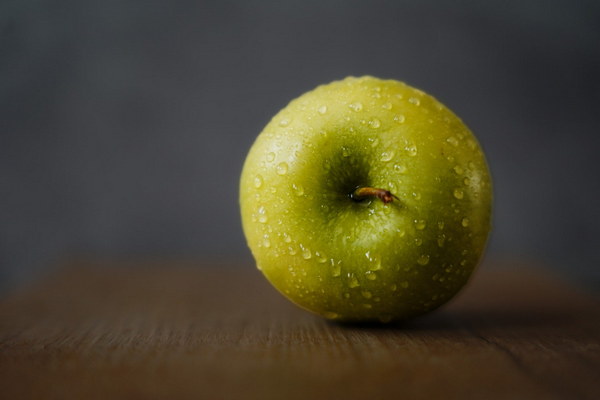When to Take Gastric Remedies Before or After Meals
In the realm of gastrointestinal health, the question of when to take gastric remedies is a common one. Whether you're dealing with a minor stomachache or a more chronic condition like gastritis, understanding the best time to take your medication can significantly impact its effectiveness and your overall comfort. This article delves into the debate of whether to take gastric remedies before or after meals, offering insights and guidance to help you make an informed decision.
Understanding Gastric Remedies
Gastric remedies, also known as antacids or proton pump inhibitors (PPIs), are designed to alleviate symptoms such as heartburn, acid reflux, and stomach pain. They work by reducing the production of stomach acid or neutralizing it to provide relief.
The Before Meal Debate
Advocates for taking gastric remedies before meals argue that this approach allows the medication to start working immediately to prevent acid production, which can trigger discomfort during the meal. By doing so, they suggest, the medication can create a protective barrier against the acid that may be produced during digestion.
The Pros of Taking Gastric Remedies Before Meals
1. Preventative Measure: Taking the medication before eating can prevent the onset of symptoms that might occur during or after a meal.
2. Immediate Relief: For those who experience immediate discomfort after eating, taking the medication before can provide immediate relief.
3. Scheduling Flexibility: If you have a predictable meal schedule, taking the medication before meals can be easily integrated into your routine.
The After Meal Debate

On the other side of the debate are those who advocate for taking gastric remedies after meals. They argue that the medication should be taken when symptoms are most likely to occur, which is typically after eating.
The Pros of Taking Gastric Remedies After Meals
1. Targeted Relief: Taking the medication after eating can target the symptoms that are most likely to be caused by the meal itself.
2. Symptom Management: For those who experience symptoms after meals, taking the medication then can help manage those symptoms.
3. No Interference with Appetite: For some, taking medication before meals can cause a feeling of fullness or discomfort that may reduce appetite. Taking it after meals can avoid this issue.
The Scientific Perspective
The scientific community generally advises taking gastric remedies after meals. Studies have shown that antacids and PPIs are most effective when taken after eating, as they neutralize the acid that is produced during digestion. This approach allows the medication to work directly on the acid that is responsible for the symptoms, rather than trying to prevent it beforehand.
Special Considerations
- Dosage: The timing of the medication should also consider the dosage. Some medications may need to be taken with food to ensure proper absorption.
- Chronic Conditions: For individuals with chronic conditions such as gastritis or GERD, a healthcare professional's advice is crucial. They may recommend a specific regimen based on the severity and nature of the condition.
- Side Effects: Some medications may have side effects that are more pronounced when taken before meals. Consulting with a healthcare provider can help determine the best timing for your specific case.
Conclusion
The debate of whether to take gastric remedies before or after meals ultimately boils down to personal preference and individual health needs. While there is a general consensus that taking the medication after meals is more effective, it's important to consult with a healthcare provider. They can offer personalized advice based on your specific condition and medical history. Whether you choose to take your gastric remedies before or after meals, the goal is to find the approach that provides you with the most relief and comfort.
